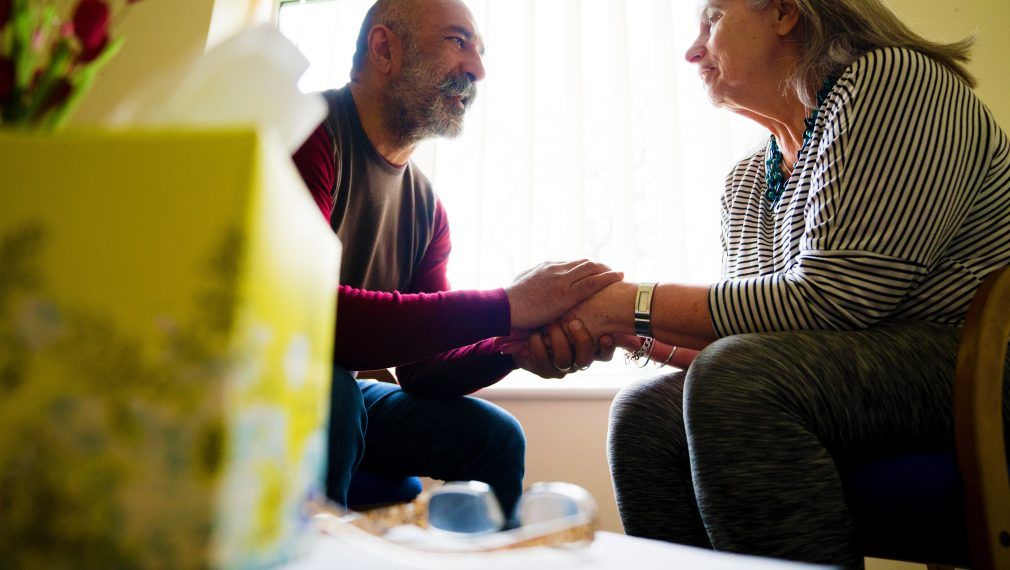
A Caseworkers experience of completing Restorative Justice training
All our staff our trained in Restorative Justice. This blog talks about one of our caseworkers experience of receiving her Level 3 Restorative Justice training.
Restorative justice (RJ) is a process that aims to facilitate communication between a victim and an offender in the aim to repair some of the harm caused and discuss ways of moving forward after a crime. All of our caseworkers at Victim First are trained as Level 2 Restorative Justice facilitators and last week I was given the opportunity to complete Level 3 Restorative Justice training for complex and sensitive cases.
The training was expertly delivered by a trained and highly experienced restorative justice facilitator and focussed on how to deal with the more complex and vulnerable victims wanting to engage in restorative justice, including sexual violence and domestic violence victims. After completing the Level 2 Restorative Justice practitioner training last year I was looking forward to being able to refresh my knowledge of the restorative justice process and learn a few new skills. However, this was not the case and the training actually delivered so much more than this and opened my eyes up to the staggering difference in approach needed when dealing with more complex cases. I learnt of the extra considerations and care that is needed when dealing with a Level 3 complex case compared to a Level 2 case and how to adapt your approach when dealing with more vulnerable victims. There are many factors which may add to the complexity of a case; including bereavement, domestic and sexual violence, interfamilial relationships between victim and offender and elements of coercive and controlling behaviour.
The training highlighted the need for rigorous risk assessments to ensure no further harm is caused to either party involved in the process. I now feel more confident in my ability to be aware of these factors and how to put steps into place to ensure risk is minimised. The training was inspiring and motivating and reinstalled my faith in the potential life changing benefits of restorative justice for both the offender and the victim. It demonstrated how, done properly, restorative justice can achieve positive outcomes for some of the most traumatised and vulnerable victims, and give them the opportunity to regain power and move forward with their lives.
Although the stakes may be higher in such cases, arguably the potential benefits can also be so much greater – with the right planning and preparation, there is no reason why these cases should not be offered the same opportunities to reach a positive restorative outcome. Hearing real life stories of how restorative justice has enabled some of the most traumatised and vulnerable victims to reclaim their lives and move forward was truly humbling and inspiring. I hope that I will now be able to put these learnings into practice and make a difference to someone’s life using the principles of restorative justice.